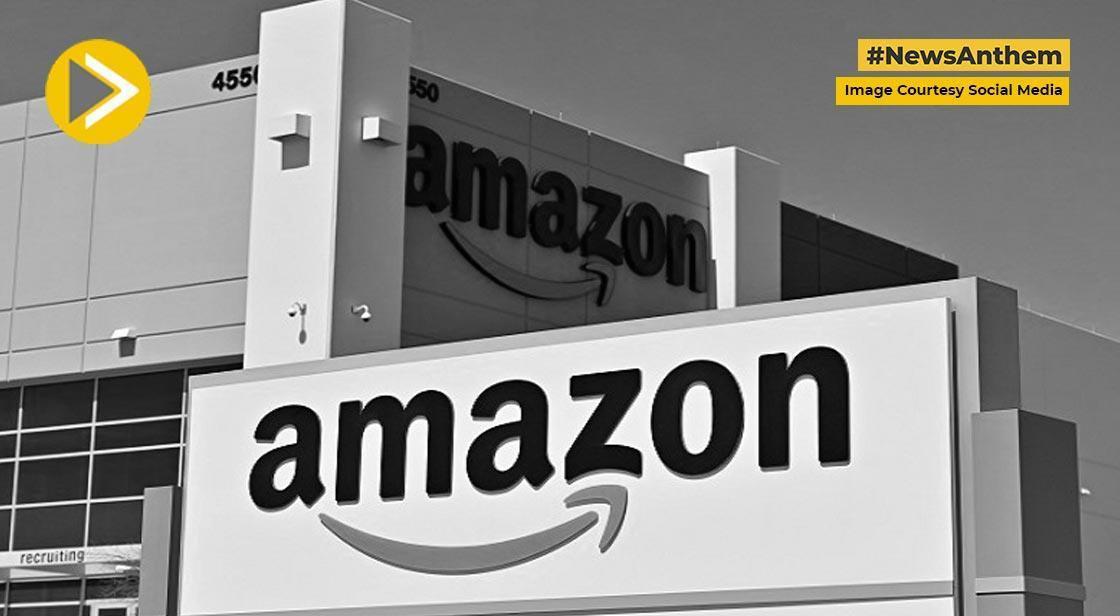Amazon’s New Performance Review System: Tighter Standards, More Pressure?

News Synopsis
Amazon has unveiled a revised performance evaluation framework that formally integrates the company’s 16 Leadership Principles (LPs)—such as “customer obsession” and “frugality”—as core criteria in assessing employee value.
This marks the first time these values have been embedded directly into performance scoring.
According to an internal report cited by Business Insider’s Eugene Kim, this overhaul is part of Amazon’s broader cultural recalibration under CEO Andy Jassy, aiming to build a more disciplined, aligned, and high-performing workforce.
Key Components of Amazon’s New Review System
Introduction of the Overall Value (OV) Score
The review process will now assign employees an Overall Value (OV) score, derived from three dimensions:
-
Demonstration of Leadership Principles
-
Job Performance
-
Future Potential
Three-Tiered Rating System
Managers will evaluate LP behavior on a three-tier scale, with only the top 5% qualifying as “role models” for their alignment with company principles.
Streamlined Metrics for Consistency
In addition to LPs, Amazon has simplified the rating scales for performance and potential to bring greater clarity and reduce manager subjectivity, according to internal guidelines.
“The process is intended to improve our ability to identify top talent and further strengthen our culture.”
Promotions, Raises, and PIPs Now Tied to OV Score
The OV score will directly influence key outcomes such as:
-
Salary increments
-
Promotions
-
Placement on a Performance Improvement Plan (PIP)
This adds weight to not just what employees achieve, but how they achieve it in line with Amazon’s values.
Controversy and Pushback from Employees
Despite Amazon's claim of transparency and culture-building, the new system has sparked concern among employees.
Some employees described the system as “predatory and opaque,” raising fears of potential misuse and lack of checks and balances.
Critics argue that Amazon’s tiered evaluation structure, where fixed percentages apply to different performance categories, could foster a stack-ranking culture, evoking comparisons with aggressive review systems used by other big tech firms in the past.
Review Changes Amid Rising Internal Dissent
Work Culture and Return-to-Office Policy
As previously reported by Fortune, these performance review changes come at a time of employee unrest, particularly around Amazon’s strict return-to-office mandates and demanding work culture.
Many workers feel the emphasis on metrics and discipline often overshadows employee well-being and feedback.
Still, CEO Andy Jassy remains steadfast in his commitment to uphold Amazon’s leadership values and maintain high operational standards across teams.
Conclusion
Amazon’s updated performance review system marks a significant shift in the company’s culture, intertwining employee evaluations more deeply with its 16 Leadership Principles.
By introducing a structured Overall Value (OV) score that measures leadership behavior, performance, and potential, Amazon aims to create a more disciplined and value-driven workforce.
The company asserts that this framework will enhance its ability to identify and promote top talent, improve clarity in assessments, and strengthen its organizational ethos.
However, the new system has sparked concerns among employees, with many criticizing it as opaque, rigid, and potentially exploitative. Fixed performance tiers and limited access to the top "role model" rating may foster unhealthy internal competition and further strain employee morale—especially in a workplace already under pressure due to return-to-office mandates.
As the broader tech industry reevaluates talent management in the post-pandemic era, Amazon’s model could either become a benchmark for culture-focused growth or serve as a warning about prioritizing performance over people.
You May Like









